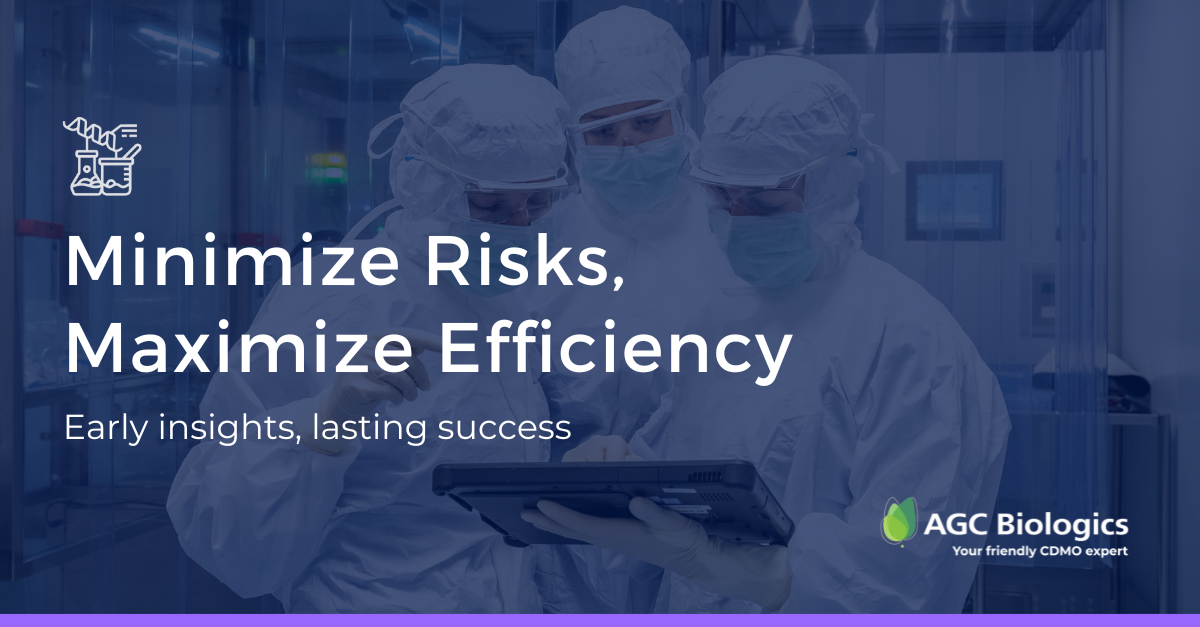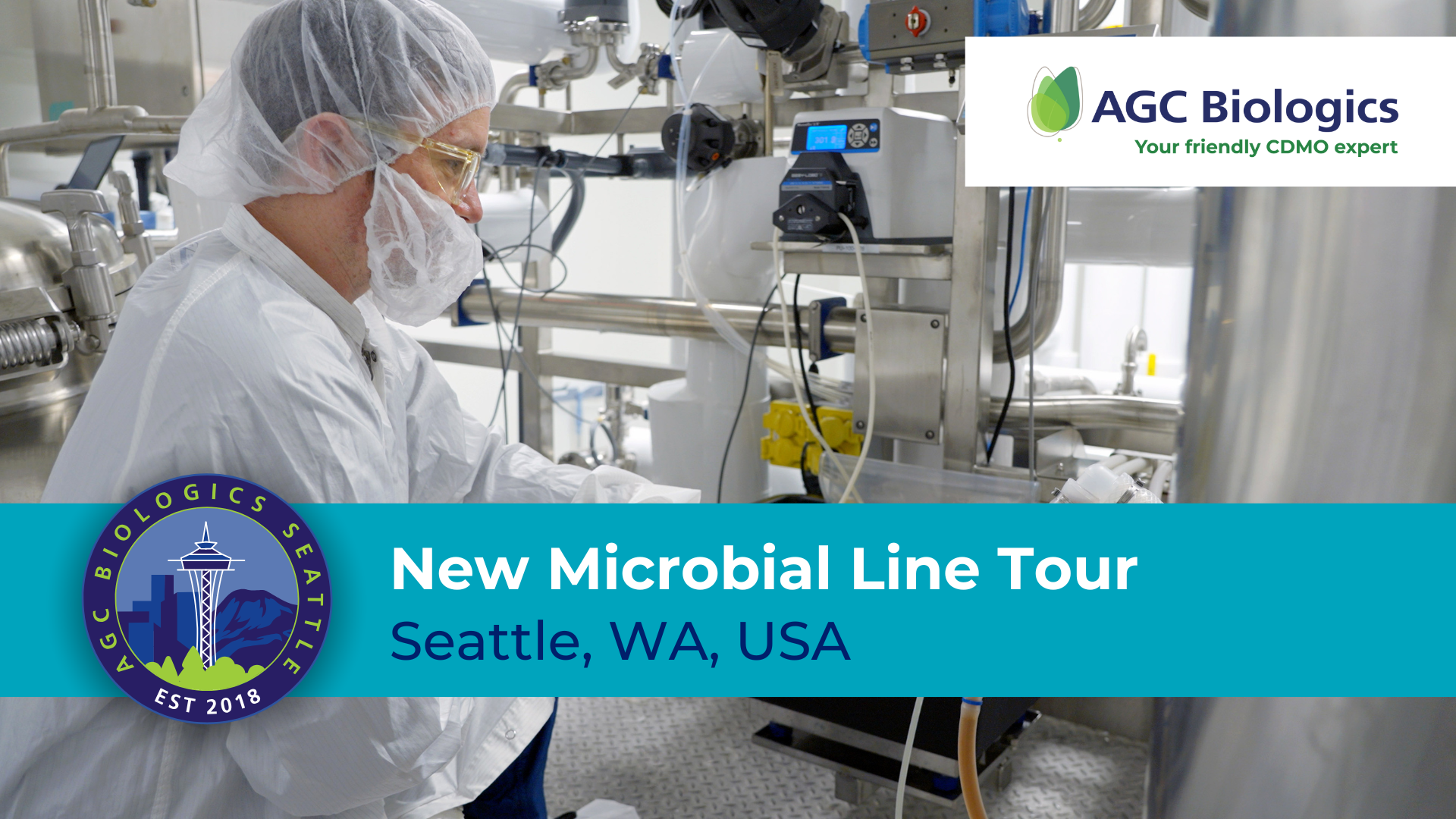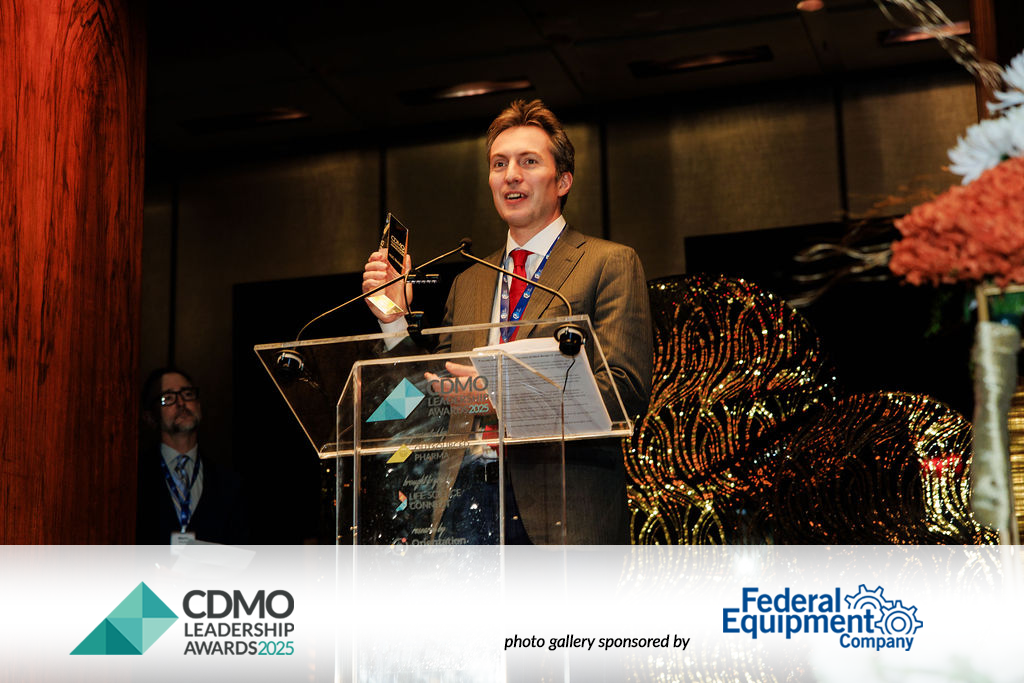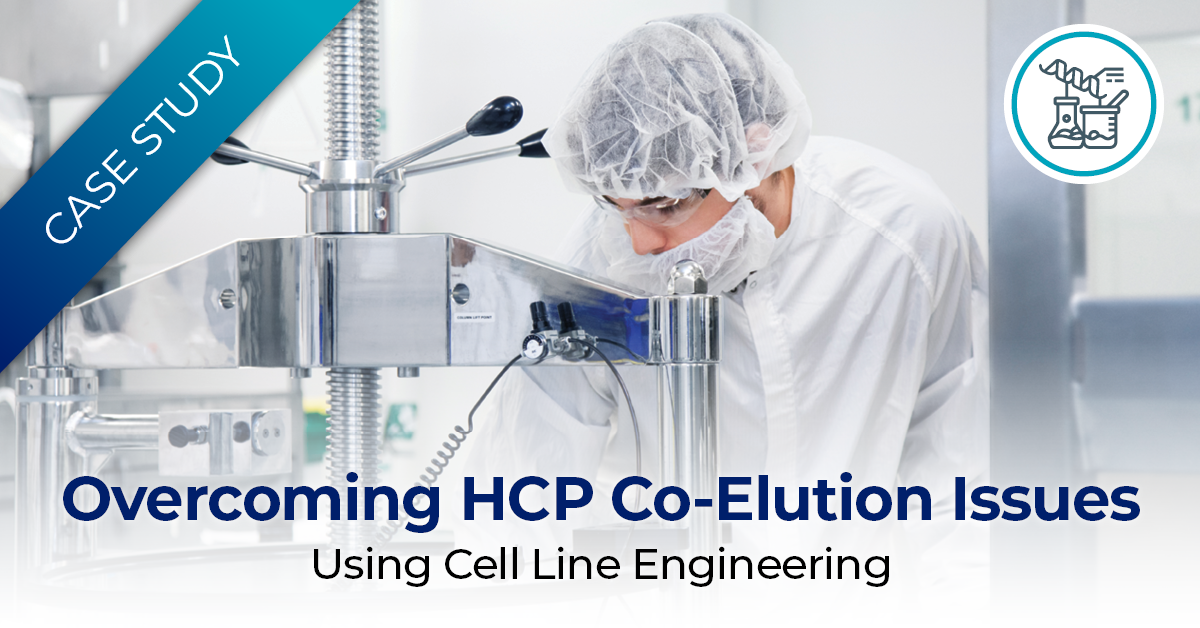2 min read
A Smart Investment: Cell and Gene Feasibility that Prepares you for Clinical Success
Nick McDonald December 10, 2024 at 8:14 AM

The success of any program hinges on understanding the unique characteristics of the Gene of Interest (GOI). Before moving to large-scale production, it's essential to ensure that your GOI can integrate seamlessly into a viral vector manufacturing platform. Skipping this step can result in unforeseen challenges that disrupt development timelines and incur significant costs.
In this blog, we'll explore why investing in a feasibility program for GOI testing is not only beneficial but essential for cell and gene companies.
Mitigating Risks and Optimizing Development Efficiency
GOI-specific challenges often arise during production, and a feasibility program helps identify these hurdles early. The behavior of different GOI families, such as those coding for membrane proteins or enzyme replacements, can vary unpredictably. Without testing at a smaller scale, these problems may surface only during large-scale production, when they are much more expensive and time-consuming to resolve. Conducting a feasibility study also allows companies to fine-tune production parameters, reducing the need for costly process adjustments during GMP stages.
Economic factors also come into play. Feasibility studies offer a low-cost solution with minimal commitment to mitigate risks associated with GOI integration, saving both time and money. By using pre-qualified scale-down systems that represent final production scales, these studies help avoid late-stage failures that could result in delays of 6 to 9 months, which are costly not only in monetary terms but also in investor confidence and project momentum.
Improving Process Development Efficiency and Enhancing Manufacturing Precision
While some CDMOs claim their platforms are “plug-and-play,” not all provide the necessary feasibility data before moving to GMP. This lack of foresight can result in delays, higher costs, and loss of credibility with investors. Feasibility studies not only refine the production process but also enhance the precision of how the GOI is integrated and expressed in target cells. While vector design is often established beforehand, a feasibility study improves the overall accuracy of vector production.
By understanding the GOI's behavior at smaller scales, companies can fine-tune production parameters before advancing to GMP, saving valuable time and resources. While you can move from feasibility to GMP without additional process development in some cases, feasibility results may highlight minor tweaks needed to achieve the desired specifications. These insights inform adjustments during the Process Development phase, optimizing the timeline and reducing costs.
Long-Term Cost Savings and Regulatory Benefits
Beyond early risk mitigation, GOI feasibility programs lead to significant long-term cost savings. These studies reduce the chances of encountering issues like vector aggregation or off-target effects, which, if not addressed early, can lead to substantial delays and budget overruns later in development. By testing GOI integration at smaller scales, companies can enhance the precision of vector delivery, optimize dosing strategies, and improve overall production efficiency.
Feasibility programs streamline the regulatory approval process by generating valuable proof-of-concept (PoC) data that supports compliance with evolving CGT guidelines. Having this data in hand facilitates smoother communication with regulatory bodies, accelerating time to market - a critical advantage in the competitive CGT landscape.
Strengthening CDMO Partnerships and Project Success
Beyond technical and financial advantages, a feasibility study offers CGT companies the opportunity to evaluate their relationship with a CDMO. With more than 200 CDMOs worldwide offering CGT manufacturing services, choosing the right partner is essential for long-term success. Conducting a feasibility study allows developers to assess the CDMO’s communication, expertise, and overall collaboration before making a long-term commitment.
Investing in a GOI feasibility program is a strategic move that can deliver long-term rewards. By identifying GOI-specific challenges early, refining production processes, cutting costs, and facilitating regulatory approvals, companies can significantly improve their chances of success in an increasingly competitive market. A well-structured feasibility study isn't just a risk mitigation tool - it's a pathway to faster, more efficient, and more cost-effective development.



